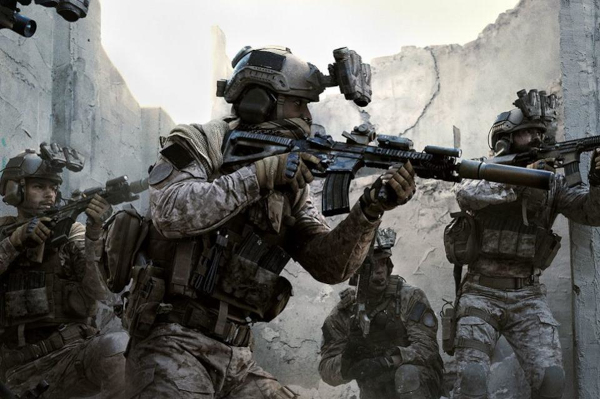Post PUBG Mobile ban in India, China’s Tencent lost $14 billion in market value in a single day which counts hundreds of millions of users globally.
India accounted for 24 percent or 175 million of PUBG’s lifetime downloads until June 2020.
The bans on popular apps like WeChat, PUBG, etc. cost the Chinese tech giant nearly $35 billion of its market cap between July and August 2020.
Industry insiders reckon that while this is a loss to the local gaming community, it also offers other battle royale games like Fortnite, Call of Duty, Garena Free Fire, and homegrown Rogue Heist. the opportunity to attract users.
Yash Pariani, CEO of Indian Gaming League (IGL), says, “This may seem like a loss to the esports community. However, in the interest of national security, the country must take whatever precautions they deem necessary. There are plenty of other games to fill the void for PUBG… While we may see some players move to other platforms such as PUBG PC, the majority who prefer the mobile version will be sticking to similar games on mobile.”
IGL also believes that PUBG influencers are likely to associate themselves with alternative gaming titles to make a living.
“It will have the same effect as it did when TikTok was banned for the influencers that had made a living from that platform. However, we will see PUBG influencers and players switching to other games to make a living. It may be a setback for them but eventually, their audiences will also respond to the change,” Yash explains.
Ishaan Arya, Co-Founder of The Esports Club, elaborates, “PUBG Mobile was one of the major driving factors behind the growth of gaming and esports in India with a large portion of investments within the space concentrated around the PUBG Mobile ecosystem of events, broadcasts, and content. The most unfortunate outcome of this sudden move is that it now leaves thousands of players, and hundreds of organisers, journalists, broadcasters, etc., with an uncertain future as PUBG esports was indirectly responsible for their jobs. This is the unseen human cost of this move that most people will overlook.”
Despite the mixed reactions to the PUBG ban, most stakeholders in gaming agree that national security reasons are of utmost importance, and any company that is a potential threat to the safety, security, and sovereignty of the Indian cyberspace ought to be monitored.
Roland Landers, CEO, All India Gaming Federation, stated, “Any decision taken by the government to protect the safety, security, and sovereignty of the Indian cyberspace is welcome. The move would safeguard the interests of Indian mobile and internet users while presenting a great opportunity for indigenous homegrown game development studios to showcase their talent and create exciting game formats as part of the #VocalforLocal and #AatmanirbharBharat initiatives.”
Battle royale games, which are typically multiplayer shooter games with survival as the end goal, originated in PCs and consoles.
However, over the last few years, PUBG and others came out with mobile versions of those games, thereby democratising the battle royale genre in countries like India that had a fledgeling PC gaming culture. Reports suggest that a lion’s share of India’s battle royale players are on mobile. The five popular PUBG alternatives for them are Fortnite, COD Mobile, Garena Free Fire, Battelands Royale, ScarFall: The Royale Combat
Source: IBEF
You may also like
-
Trade Connect E-platform For Exports Is Single Window, Fast, Accessible And Transformational: Shri Piyush Goyal
-
Dot Simplifies Approval Processes For Telecom Licenses And Wireless Equipment
-
Coal Production and Supply Trends on Positive Trajectory
-
Union Minister To Release Booklets On Promotion Of Indigenous Species & Conservation Of States Fishes
-
2nd India-Japan Finance Dialogue held in Tokyo on 6th September, 2024
